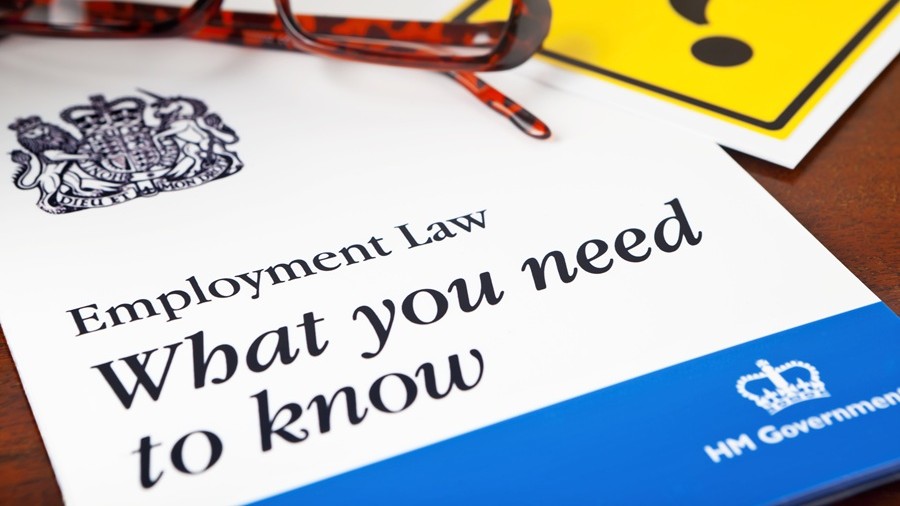The employment law risks senior executives don’t always see coming
Why senior leaders need to protect themselves and not just their companies Senior executives operate in a uniquely high pressure legal environment. Expectations are higher, scrutiny is sharper and the…
READ MORE




